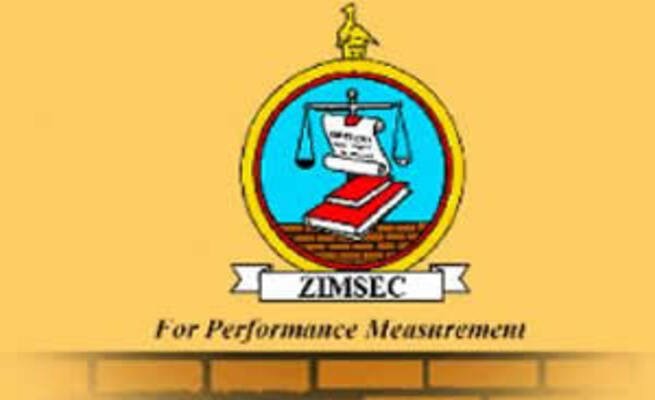The Zimbabwe Schools Examination Council (Zimsec) has introduced new, stricter penalties to curb the leaking of public exam papers. Under upcoming regulations, individuals found culpable may face up to nine years in prison, compared to the previous maximum of one year.
Learners caught with advance access to tests will also see harsher consequences, with their results annulled. Zimsec chair Eddie Mwenje explained the regulations aim to close loopholes exploited by bad actors seeking profit. With support from Zimbabwe’s Attorney General, Zimsec drafted the provisions to serve as a stronger deterrent.
Exam seasons begin this month, starting with Grade Sevens. Zimsec spokesperson Nicky Dlamini stressed security measures are in place but declined to provide specifics so as not to compromise the system. She reinforced that distributing papers early will now carry a nine-year sentence without the option of community service.
“Zimsec processes are already in motion for the upcoming examinations.
“Grade Seven exams start on September 25, and O and A Level on November 16,” she said.
“Taking a leaf from previous sessions, Zimsec has made changes and advancements to certain processes to try and curb examination malpractices and ensure examination security.
“Integrity systems cannot be fully divulged at this stage as this would defeat the purpose of them being secure.
“Anyone caught with Zimsec papers this time around is given a nine-year prison sentence and there is no community service, because some people were taking advantage of the light sentences imposed by the courts, and that is why we are introducing stiffer penalties.
“They are charged under the Zimsec Act,” Dlamini told the Sunday Mail.
Candidates found to have distributed exam papers prior to the tests will only be allowed to write their exams “after four examination sessions”.
Education expert Caiphas Nziramasanga believes transparency is needed from all levels, from paper creation through distribution and testing. Over 100 individuals faced punishment last year due to an incident involving 11 leaked documents. The convicted spanned roles like school officials, law enforcement and test-takers.
With integrity under greater scrutiny and consequences amplified, stakeholders hope the policy revisions help restore confidence in Zimbabwe’s academic qualifications. Students preparing to demonstrate their skills and knowledge deserve a fair process free of undue influences.












